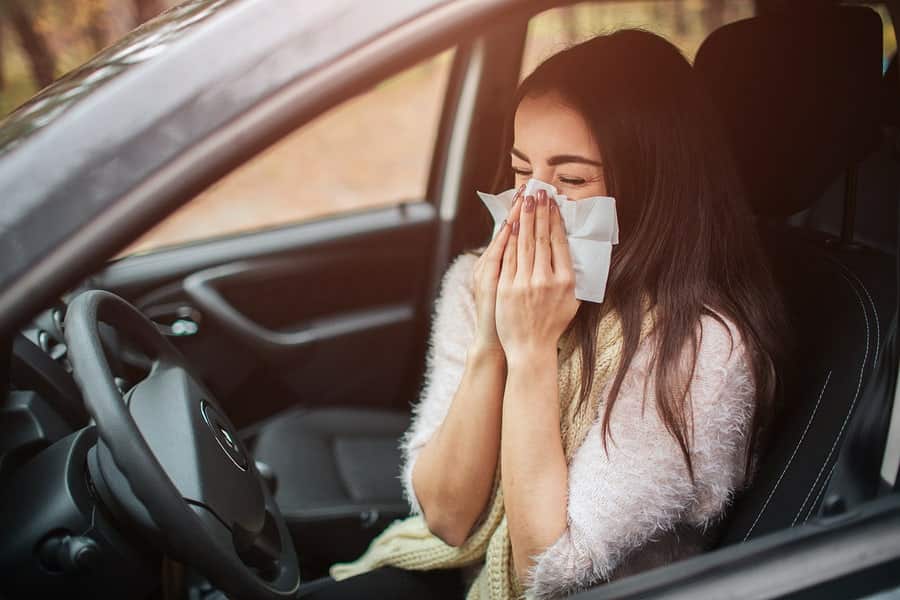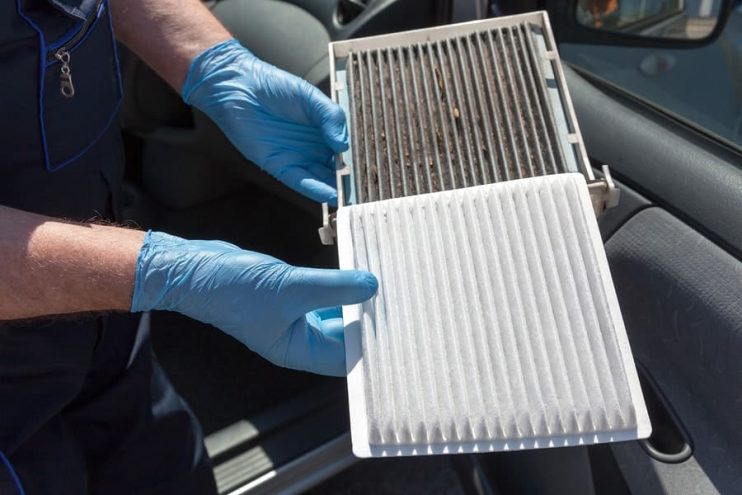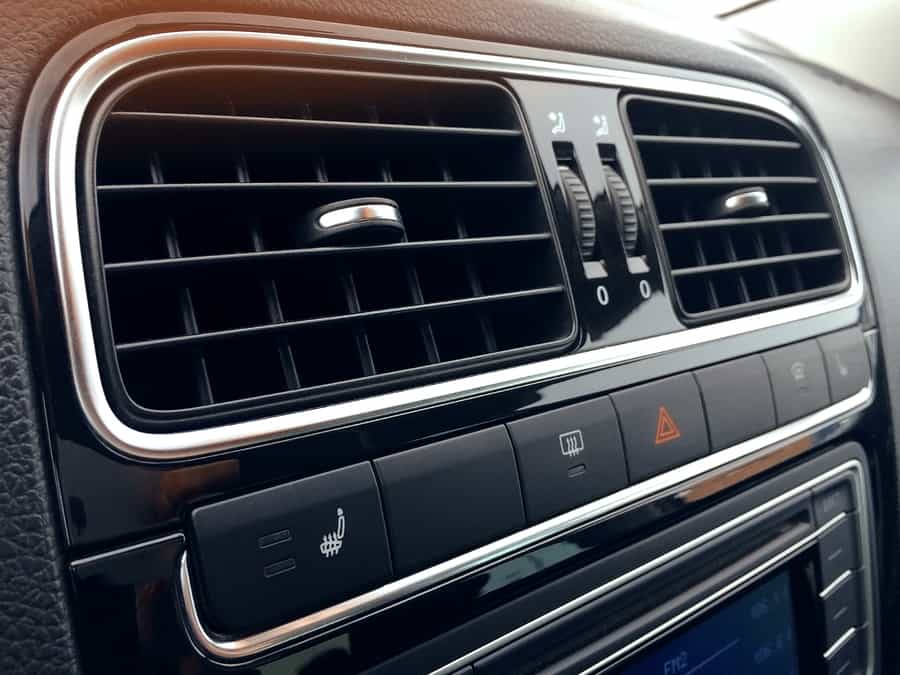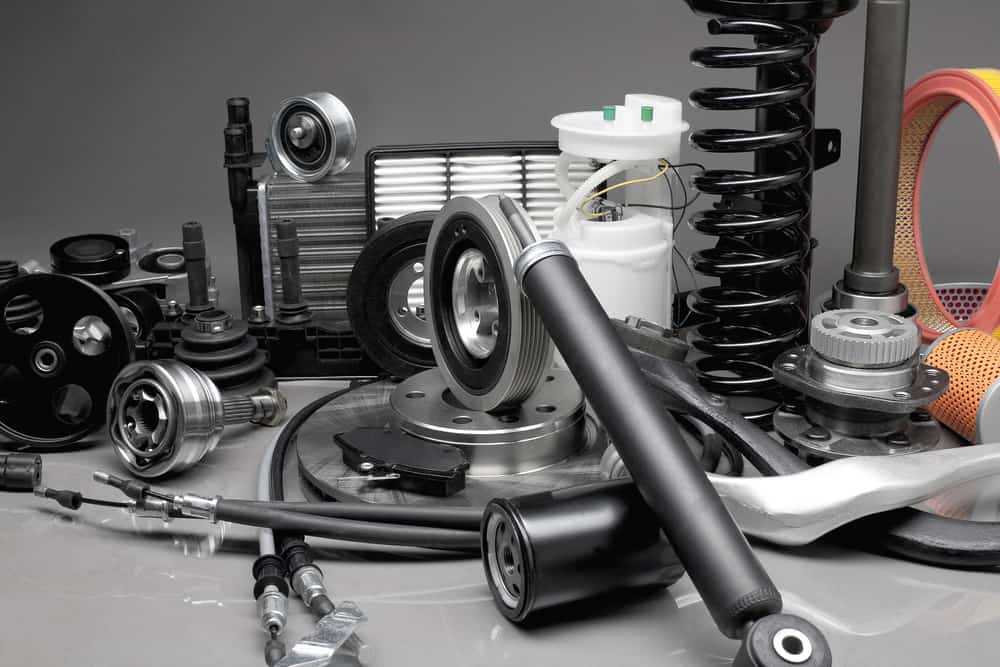
The suns out, the fields are dry and the pollen is filling the air. If you are one of the thousands of people in the UK who suffer from hayfever then the best months of the year hold a hidden problem.
Having the windows open as you drive through the country could lead to you sniffling and your eyes itching up. Whilst some might think this is a minor complaint, sneezing whilst out on the road can be dangerous, especially when driving at speed.
On a motorway at top speed it’s possible to travel up to 50-100m with your eyes closed when sneezing. What’s the best way to reduce your chances of an attack? Find out with our helpful points below that could keep you safe whilst behind the wheel.
Medicines
Don’t simply grab the nearest medicine. Some are now banned for driving and if you are found to have caused a crash whilst under the influence, this could land you in hot water with the authorities.
Only take non-drowsy anti-histamines. Most modern hayfever treatments fall into this category, but it is still advisable to read all the information that comes with the packaging to make sure there are no adverse side-effects.
If you suffer from hayfever, then it may be advisable to start your medical treatment before the season, starting in late April or early May. Charging into the chemist with an itchy nose and hoping for the best may not give you the results you want.
Vacuum
Pollen can get trapped in the carpets, mats and upholstery. A quick whip round with the vacuum cleaner, especially something with a high degree of suction power, can get rid of this hidden menace that could cause you the sniffles even when you’re not in the countryside.
Pollen Filter

Can you purchase one? Will it fit in your car? If so install one. If you have one already present in your car check it out. Does it need changing to stop your car from getting blocked up with
pollen?
Keep Windows Shut
You don’t have to have your windows open whilst you are travelling around. Close them completely and rely on the air con to recirculate the air in the cabin to prevent all that pollen getting to your nose.
Stock Up on Tissues
Keep those tissues within easy reach to get the mucus out of your nose and sometimes a few dabs of Vaseline inside your nose can help stop pollen.
Vents

Give the vents a good blow out once in a while when you are not in the car to ensure that there’s no pollen or dust logged in the system.
Sneezing
If you can feel a sneezing coming then slow down, move to one of the slower lanes if you’re on a dual carriageway or motorway and allow for plenty of room between your vehicle and the car in front. If you suffer intense repeated sneezing fits, then it may be advisable to stop completely if you have that option.
Sun Glasses
Wear wrap-around sunglasses to stop the pollen from getting in your eyes. Make sure you choose the lighter tones as dark shades could impact your vision whilst driving out on the open road or in shadier urban environments.
Nettles
There are many claims that the nettles can reduce the amount of histamines in the body. Some people in the media in 2018 have even claimed that stinging your hands or arms with nettles once a week will keep the sniffles at bay, whilst experts claim you can get a similar effect with nettle tea. In one study as many as 57% percent of test subjects reported a reduction of symptoms after drinking nettle tea.
Don’t Drive
If you think your hayfever is especially bad then how important is your journey? Could you walk instead or take the bike? Or if you have to go somewhere why not call in a favour from a friend or relative? Alternatively there is always public transport or a taxi. It’s better to spend your money than to put your life and the lives of others at risk.
And Finally
Hayfever is a hassle and with the summer months enjoyed by so many, it may be hard to find sympathy amongst others. If you are experiencing a bad attack, as we mentioned call off the journey. Still, by properly managing your symptoms it is possible to manage this ailment and keep yourself safe on the road.













.png)